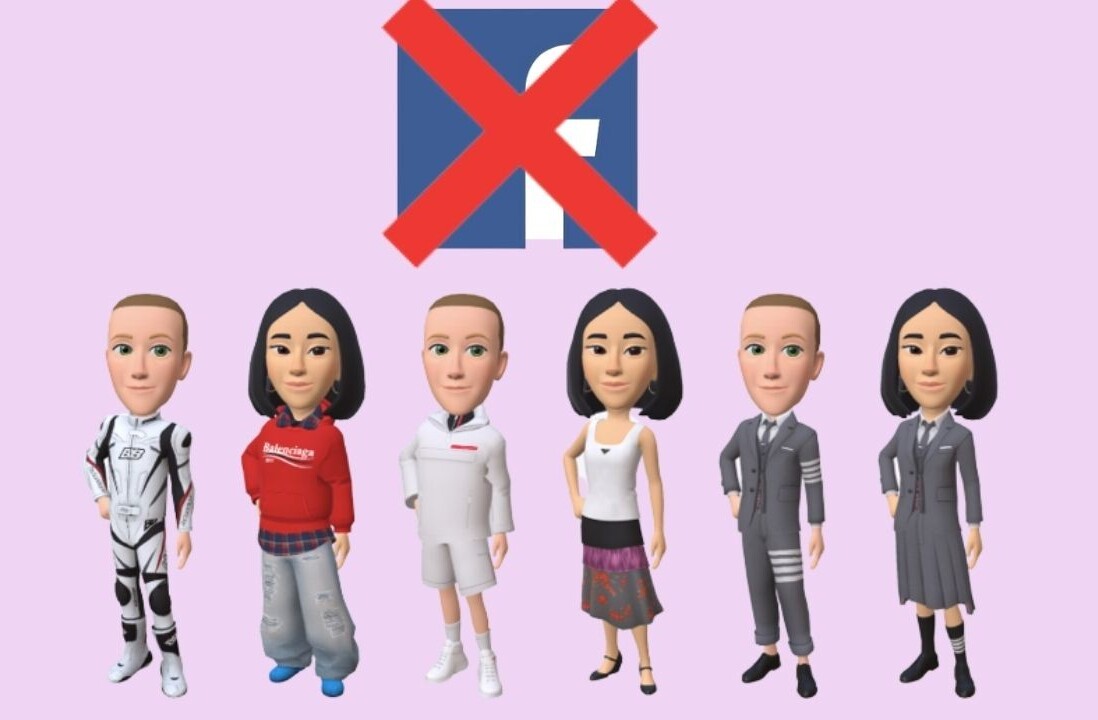
Earlier this month, a federal judge handed down a ruling (PDF) that the Buffalo, New York based non-profit Hispanics United of Buffalo must reinstate five employees that were fired for posting comments about their workplace to their personal Facebook pages.
The situation had been in the legal pipeline for quite some, beginning last October 9th, a non-working Saturday, when Mariana Cole-Rivera had an upcoming meeting scheduled with co-worker Lydia Cruz-Moore (yes, she specifically named her) regarding how much, or little, she did for the organization’s clients. She decided to express her frustration to Facebook. Not exactly brilliant, but something that could be overlooked. It was when her co-workers added to the thread with comments including,
“What the f… Try doing my job. I have 5 programs,”
and
“Tell her to come do my f…ing job n c if I don’t do enough, this is just dum,”
that things started to get a bit dicey. The co-worker in question saw these comments, and brought them to the attention of a supervisor. This supervisor then summarily fired the five employees in question, citing the organization’s social media policy banning cyber harassment of co-workers.
Note the citation of an existing social media policy? This policy explicitly banned harassing co-workers. Additionally, the profanity and overall negativity is horrible PR for an organization that most probably has it’s heart in the right place. Between violating an existing policy and making the organization look bad – it seems like said supervisor made a justifiable decision to let those employees go. However, the National Labor Relations Board had a different view. Judge Arthur Amchan found that the thread was aimed at improving work conditions, and as such became protected speech under the National Labor Relations Act (Section 7) – the same section that covers worker’s rights to form a union. Likewise, as it was a “concerted activity”, employees were completely within their rights to complain.
This should be a wakeup call for every employer on the planet (given local laws and jurisdiction). Besides the airing of dirty laundry, what or how else could your employee’s social media behavior/activity seriously harm your brand? And more so…how do you prevent it from happening to you?
1. The Social Policy
 This should go without saying, but if your organization doesn’t have a social media usage policy, you need to get on up and running. Yesterday. Fear not, it’s not an insurmountable project. A good beginning is to have a look at your existing HR and Communications guidelines, and see what needs to be adapted to fit social media.
This should go without saying, but if your organization doesn’t have a social media usage policy, you need to get on up and running. Yesterday. Fear not, it’s not an insurmountable project. A good beginning is to have a look at your existing HR and Communications guidelines, and see what needs to be adapted to fit social media.
Your organization may also want to consult with a legal firm specializing in employment and labor law, as these firms remain up-to-the-minute on developing policies in social media and the law. Remember, having a policy in place not only protects your organization in the event of a future lawsuit, but also sets expectations and clearly defines lines in the sand as to what your employees may, may not, and should share on social networks with respect to their employment with your organization.
Having no social media policy in places makes it nearly impossible, and possibly illegal, to reprimand an employee for their actions.
2. Train the Trainer
 Chances are, your HR department has, is planning to, or really, really should bring in an expert to review and train your staff on your organizations’ social media policies. However, this doesn’t always mean that your selected expert is up to the task (insert social media expert joke here).
Chances are, your HR department has, is planning to, or really, really should bring in an expert to review and train your staff on your organizations’ social media policies. However, this doesn’t always mean that your selected expert is up to the task (insert social media expert joke here).
Trainers, managers, executive staff, and employees should all be brought up to speed on what “protected speech” and “concerted activity” mean in the social media landscape, particularly in light of the recent NLRB ruling. If and when that “I hate my f…ing job, and Jim, my boss is a jacka..” comment does pop up on a platform, managers need to be reminded, or perhaps trained, not to act out in anger or embarrassment, but rather review the content as objectively as possible.
An alternate view would be to put a mechanism in place within your social media policy that prevents a direct manager from reviewing a case, should that manager, co-worker, supervisor, etc. be specifically named in the offending content.
3. Up the ladder
 Adding to the previous point, your organization should have an escalation policy in place if/when an offensive incident occurs. In the case of United Hispanics of Buffalo, the offender’s direct manager made the decision to let five staff members go. This was perhaps the fatal flaw in the entire process. While Cruz-Moore’s manager appeared to be within their right to let all offenders go based on the organization’s existing social media policy, I’m sure nostrils were flaring upon reading the comments, and emotions got the better of them.
Adding to the previous point, your organization should have an escalation policy in place if/when an offensive incident occurs. In the case of United Hispanics of Buffalo, the offender’s direct manager made the decision to let five staff members go. This was perhaps the fatal flaw in the entire process. While Cruz-Moore’s manager appeared to be within their right to let all offenders go based on the organization’s existing social media policy, I’m sure nostrils were flaring upon reading the comments, and emotions got the better of them.
By putting an escalation procedure in place, no one manager is directly responsible for what proved to be a drastic decision. That’s not to say that managers need to be stripped of power, but in this case, a few more thinking caps could have diffused a situation that, if some common sense was applied, from both sides, could have resulted in a much different outcome.
4. Don’t be evil
 Plain and simple – Be fair with your employees. As an employer you must recognize that your employees are not in a silo when they come to work, and it’s exactly this outside activity that makes them solid players on the battlefield that is business. Remember, your employees can be some of your biggest fans (and marketers – whether they know it or not); treat them as such.
Plain and simple – Be fair with your employees. As an employer you must recognize that your employees are not in a silo when they come to work, and it’s exactly this outside activity that makes them solid players on the battlefield that is business. Remember, your employees can be some of your biggest fans (and marketers – whether they know it or not); treat them as such.
With all that said, let’s keep in mind that not all work related postings to social media channels are covered under “protected speech” and even if employees act in “concerted activity” can avoid any wrong doing. The U.S. Chamber of Commerce recently published their Survey of Social Media Issues Before the NLRB that found,
“the NLRB has reviewed more than 129 cases involving social media in some way. While most of these cases are at the very initial stage, and may not be meritorious at all, some are more advanced. At least two Board decisions have social media components, as do another two decisions by administrative law judges.”
However, the same survey indicates that of the total 22,943 charges that were filed with the NLRB (as a whole), only 36.6% were found to have merit.
Where users tend to get into trouble is the mixing and mingling of professional and personal contacts. All of us have friended a few folks around the office, even if we don’t go camping with them. Granted, a quick flip of a few privacy settings, or a specific list of inner-circle friends could have avoided this entire situation, and hopefully Facebook’s adoption of Google+-esque privacy settings will encourage more users to become more selective about not only what, but with whom they share content.
As Facebook marches towards its 1 billionth user, there’s simply no denying that the line between social media and the workplace is rapidly evaporating. In many cases this can be a boom for your business. But if you’re not prepared for it, a few choice comments from staff members and an irate manager could land your organization all over the front page, and not for the reasons you’d like.
Get the TNW newsletter
Get the most important tech news in your inbox each week.





